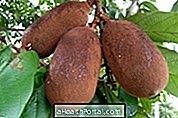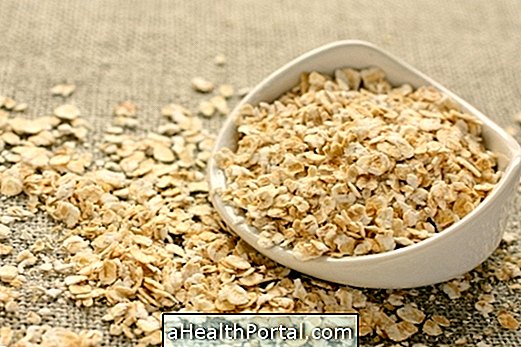Cupuaçu originates from an Amazonian tree with the scientific name of Theobroma grandiflorum, which belongs to the cacao family and, therefore, one of its main products is cupuaçu chocolate, also known as cupulate.
Cupuaçu has a sour taste, but very mild, being also used to make juices, ice cream, jellies, wines and spirits. In addition, the pulp can also be used to make creams, puddings, pies, cakes and pizzas.
Benefits of Cupuaçu
The benefits of Cupuaçu are mainly to provide energy because it has theobromine, a substance similar to caffeine. Theobromine also gives cupuaçu other benefits such as:
- Stimulate the central nervous system, which makes the body more active and alert;
- Improve heart function;
- Reduce cough as it also stimulates the respiratory system;
- Help fight against fluid retention by being diuretic;
In addition to these benefits, cupuaçu also helps in the formation of blood cells by being rich in iron.
Cupuaçu Nutrition Information
| Components | Quantity in 100 g of Cupuaçu |
| Energy | 72 calories |
| Proteins | 1.7 g |
| Fats | 1.6 g |
| Carbohydrates | 14.7 g |
| Calcium | 23 mg |
| Phosphor | 26 mg |
| Iron | 2.6 mg |
Cupuaçu is a fruit that has some fat, so it should not be consumed in large quantities in diets.


























